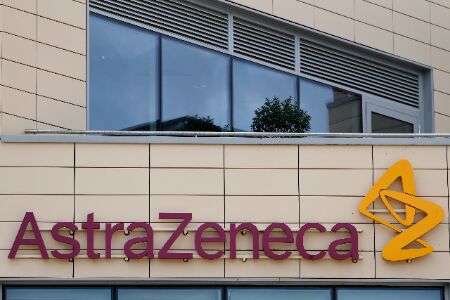Emerging complications

In its second setback in recent weeks, the use of the AstraZeneca vaccine was suspended by South African authorities not even a full week after the country received one million doses. The reason? The vaccine appears to not be efficacious in dealing with mild to moderate cases of Covid caused by the new South African variant of the virus. Scientists in the nation made this assertion after carrying out a test with 2,000 volunteers where each candidate was either given the vaccine shot or a placebo. The results of the test showed little variation in the number of people who were given placebos and those who were given the vaccine in terms of being infected by the new B.1.351 variant. The test gave an efficacy number of just 10 per cent for the AstraZeneca jab in regards to the mild to moderate cases of the new variant. Scientists working on the study also indicated that those who had been infected with a previous version of Covid and had recovered are also facing similar problems as their antibodies are not protecting them from showing mild to moderate symptoms when exposed to the new variant. It is worth mentioning that both Pfizer and Moderna have also noted through preliminary studies that their vaccine candidates are also less effective against the new more contagious South African variant. Novax and Johnson & Johnson have also likewise reported lower counts of efficacy in usage against the variant as well. The size of the test has also been called into question for being too small to give a conclusive picture. It was also reported that the two vaccine shots given to candidates were administered only three to four weeks apart whereas health experts typically recommend longer intervals for maximum efficacy. Subsequently, WHO and health experts from other countries such as the UK and France spoke up to emphasise that the AstraZeneca jab still appears to be effective in preventing the most serious of cases and death, helping ease the burden of public health systems. This comes only a short time after the EU itself announced that it would not be administering the AstraZeneca jab to those over 65 due to a lack of proper efficacy data for that age group. All this has significant bearing for the world as the AstraZeneca jab is the most widely distributed and available vaccine for Covid on the market. With more than 330 million doses, the AstraZeneca vaccine forms the overwhelming majority of the jabs being administered under the COVAX programme to poorer nations. Countries such as India are also heavily relying on the use of the vaccine for its own inoculation campaign. There is no real cause for panic at the moment, however. While the South Africa variant of the virus does appear to be more adept at dodging antibodies, the existing vaccines do appear enough to at least limit the number of severe cases and hospitalisations worldwide. There are also reports that vaccine makers are already developing booster shots to help specifically combat newer variants. In regards to the other prominent variant, the UK variant, all the major vaccines seem to be equally efficacious against it as they are against the regular 'wild' variant of the virus that causes COVID-19. There is, however, no denying that such variants will complicate the fight and make it more expensive. It raises the possibility that the virus will continue to spread amongst inoculated communities to a certain extent and will force vaccine makers to come up with newer booster shots to combat the specific new variants in a longer game of cat and mouse. This is also unlikely to be the last problematic variation of the virus we see as it will continue to evolve the more it gets to infect. This will inevitably lengthen our fight against the virus as it complicates the matter of achieving herd immunity.



